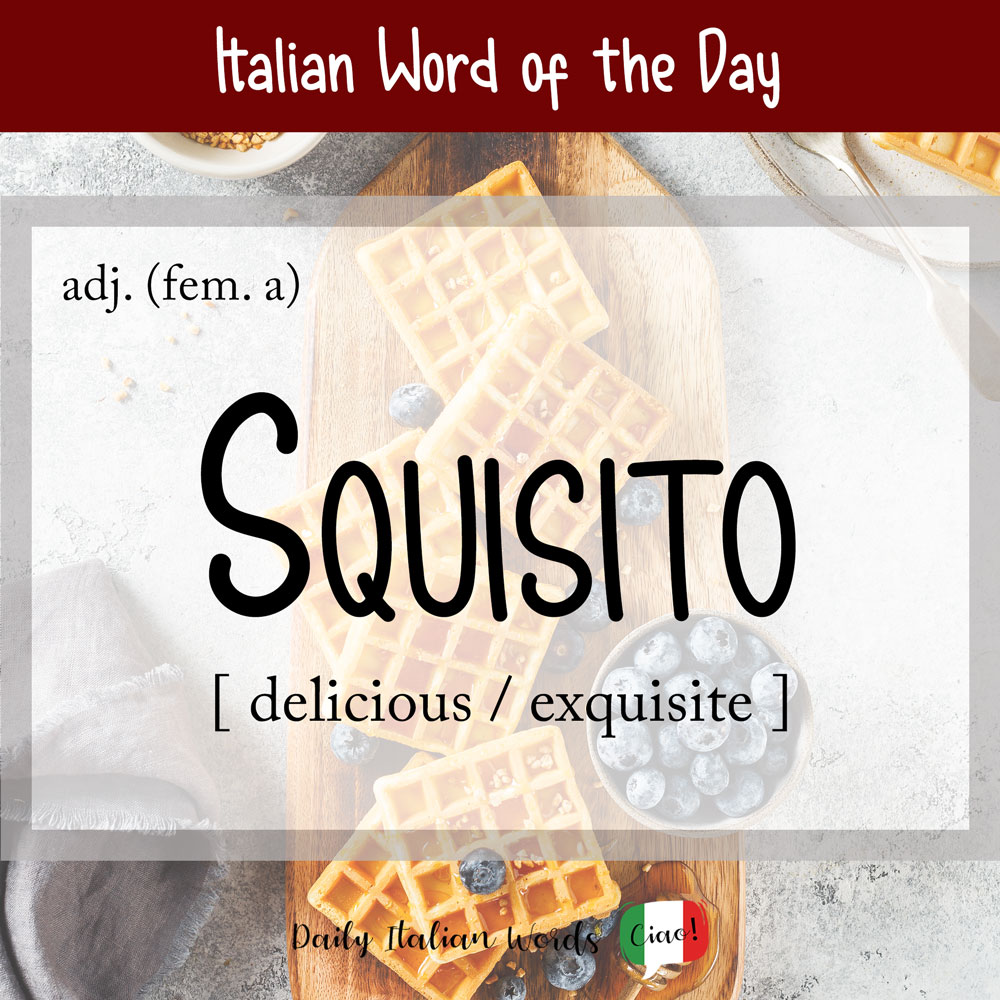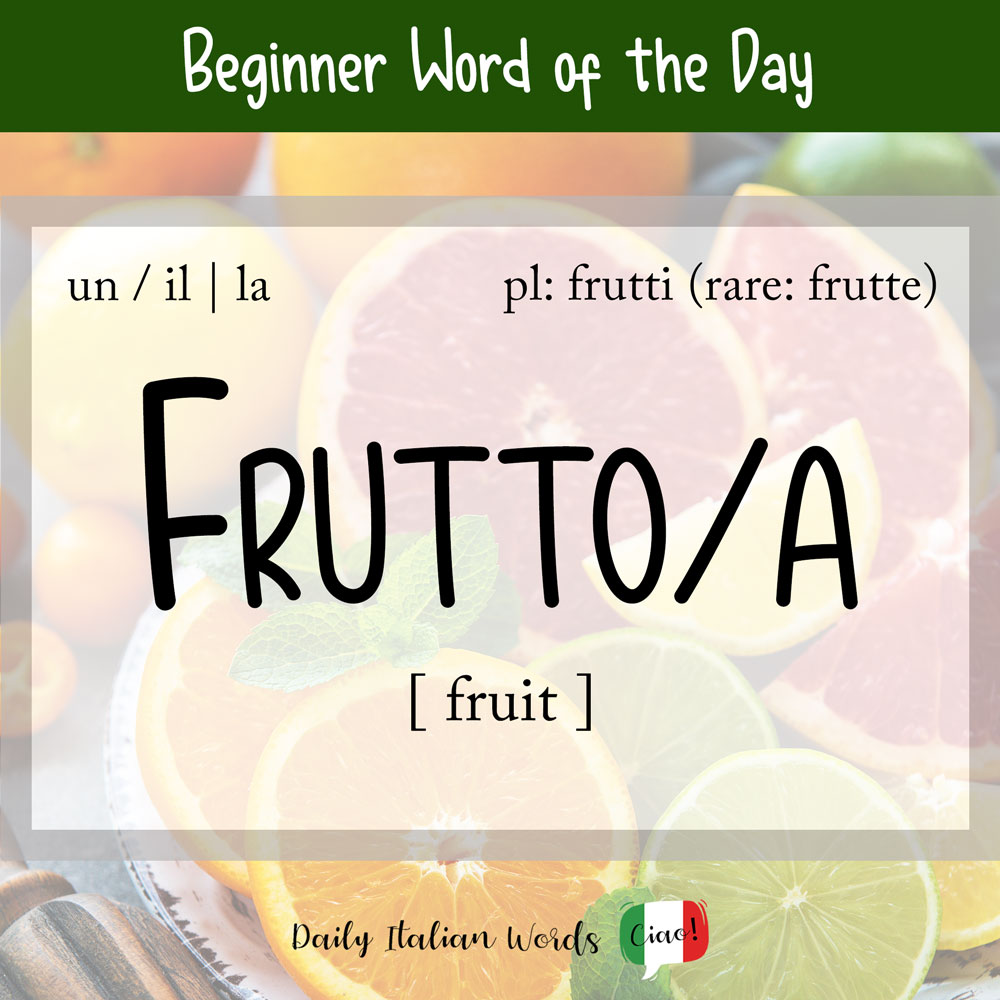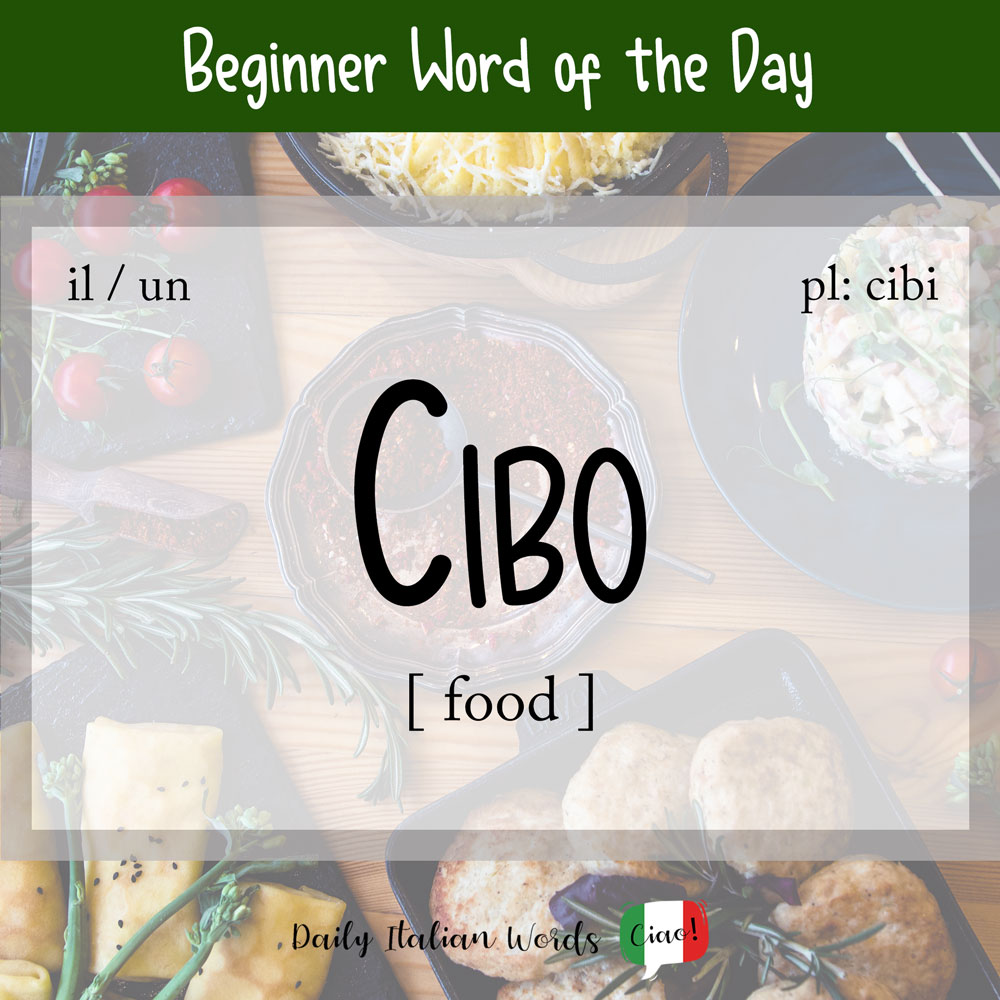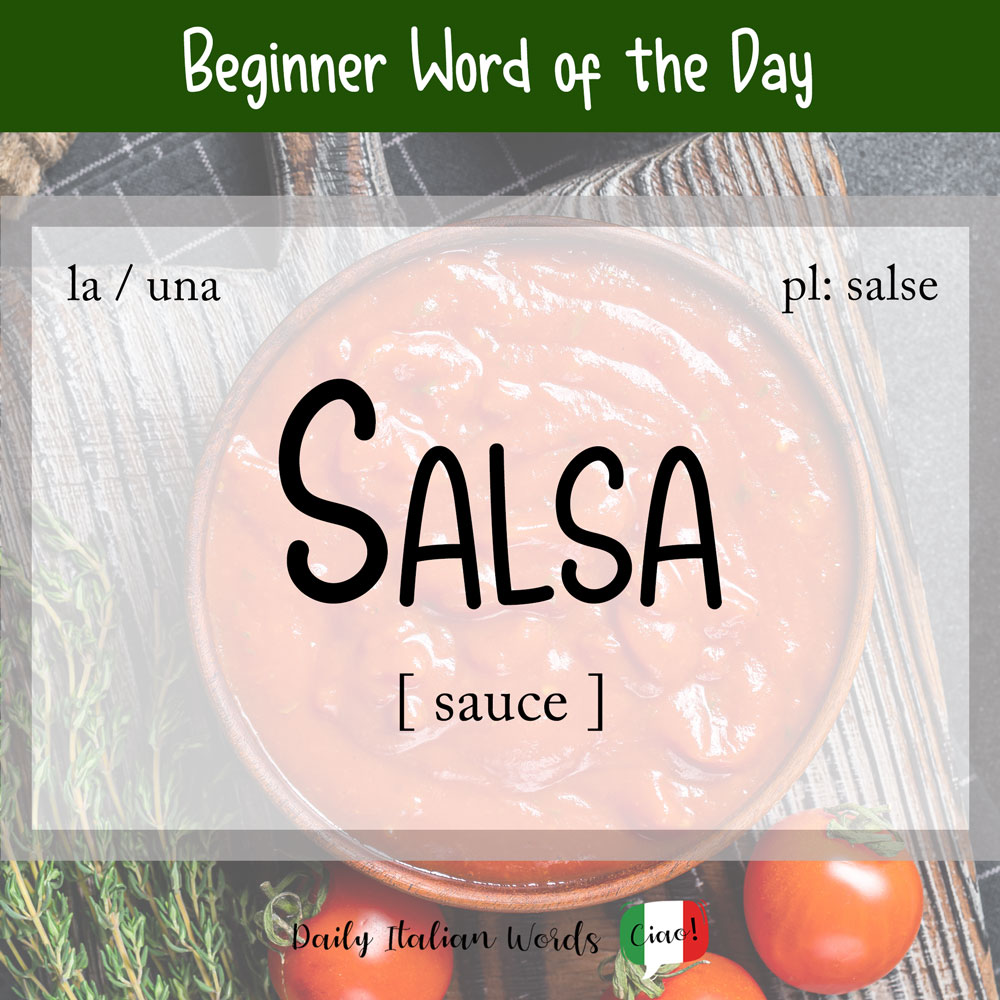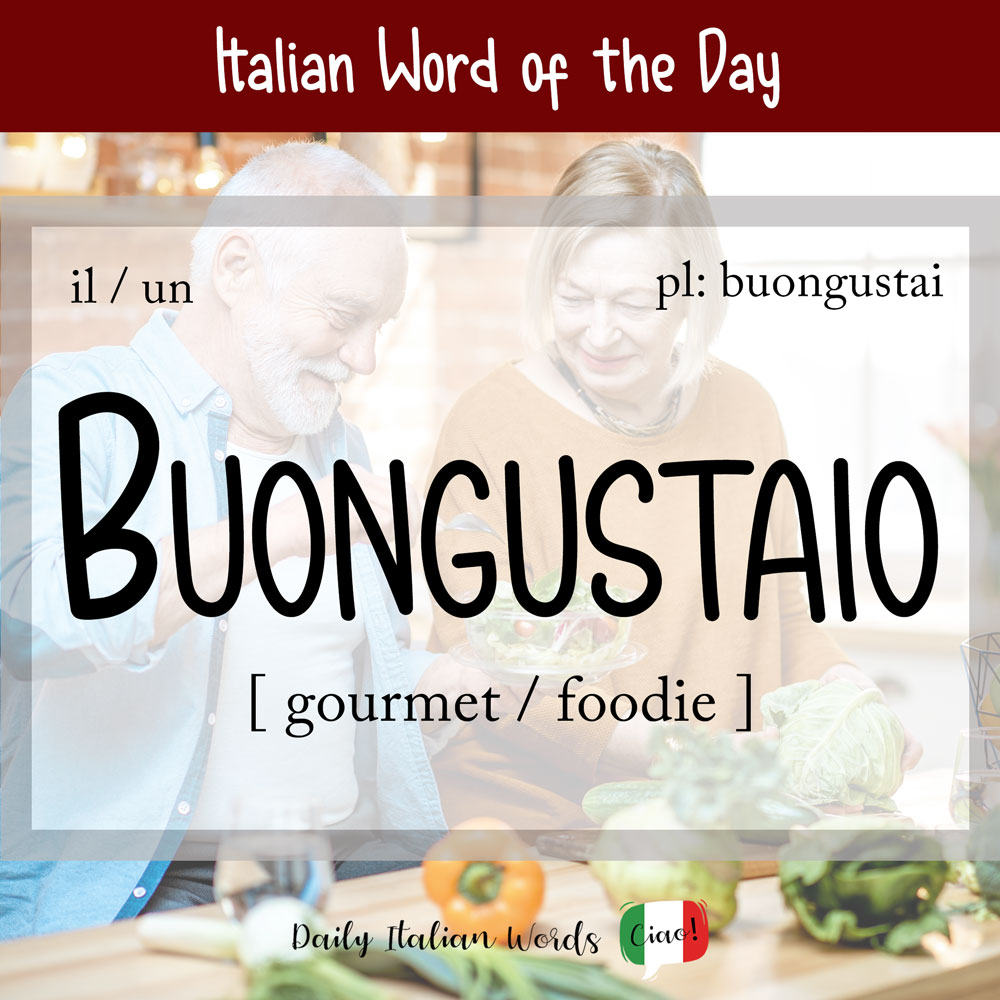Italian Word of the Day: Colazione (breakfast)
The word for breakfast in Italian is colazione (feminine, plural: colazioni). Traditionally, the first meal eaten just after waking up was referred to as la prima colazione (the first breakfast), whereas the midday meal was called la seconda colazione (the second breakfast). The latter has since been replaced by the word pranzo (lunch) but the …


